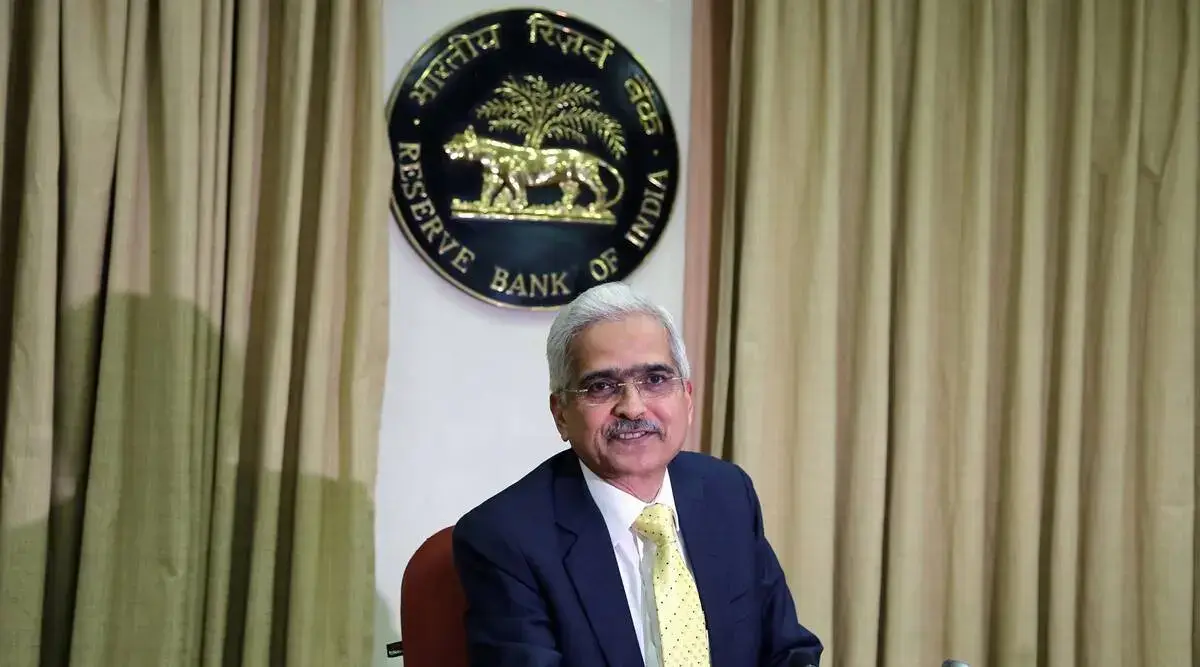[ad_1]
Veteran trade union leader, a Kashmiri nationalist and the campaigner of Article 35-A Sampat Prakash passed away on Saturday due to cardiac arrest. He was 86.
A respectable name across the mainstream separatist divide in valley, Prakash’s death has been widely condoled in Kashmir.
“The JKNC President, Dr. Farooq Abdullah, and VP, @OmarAbdullah, are deeply saddened to learn about the death of Sampath Prakash,” National Conference said in a tweet. “He was a great trade union leader, and his absence will be deeply felt. The thoughts and prayers of the leaders are with the family of the deceased”.
Communist leader M Y Tarigami has expressed his shock over the sudden demise of the trade union leader.
“He (Prakash) fought valiantly for the downtrodden and working class and remained part of the working class till his breath,” Tarigami said.
A student of Srinagar’s elite Tyndale Biscoe School, where National Conference president and former Chief Minister Farooq Abdullah was his classmate, Prakash was influenced by the nationalism of his father Neel Kanth Kundu – who was also the principal of the school and advisor of Farooq’s father Sheikh Mohammad Abdullah.
When the Pakistani tribals raised Kashmir after partition of India and Pakistan, Prakash came out on the streets on the call of Sheikh Abdullah to fight the tribals.
Prakash’s first trust with politics was as a student activist. When Sheikh Abdullah, the then Prime Minister of Jammu and Kashmir, was arrested, Prakash organised a student protest at Srinagar’s Sri Pratap College.
Prakash laid foundation of the student politics in Kashmir when he campaigned for a student body. His campaign bore fruit when the first student body was formed on the valley and he was made its founding president.
As a student leader, Prakash was also introduced to Marxism.
Prakash was first arrested in 1958 by the men of notorious police inspector Qadir Ganderbali.
As Prakash had several run offs with the administration, his father shifted him to Jammu for law studies. It was in Jammu that he was inclined towards the leftist CPI.
On the advice of the Communist leaders, Prakash joined the government services and left his studies in law. As a government employee, and on the advice of his communist leaders, Prakash laid the foundation of Jammu and Kashmir’s first trade union body.
In 1967, Prakash called for the first employees strike in the valley that paralysed the administration and forced them to yield to their demands.
A nationalist to the core, Prakash was a votary and campaigner of Kashmir’s special status and Article 35-A that gave the people of the erstwhile state special rights over land and job.
[ad_2]











